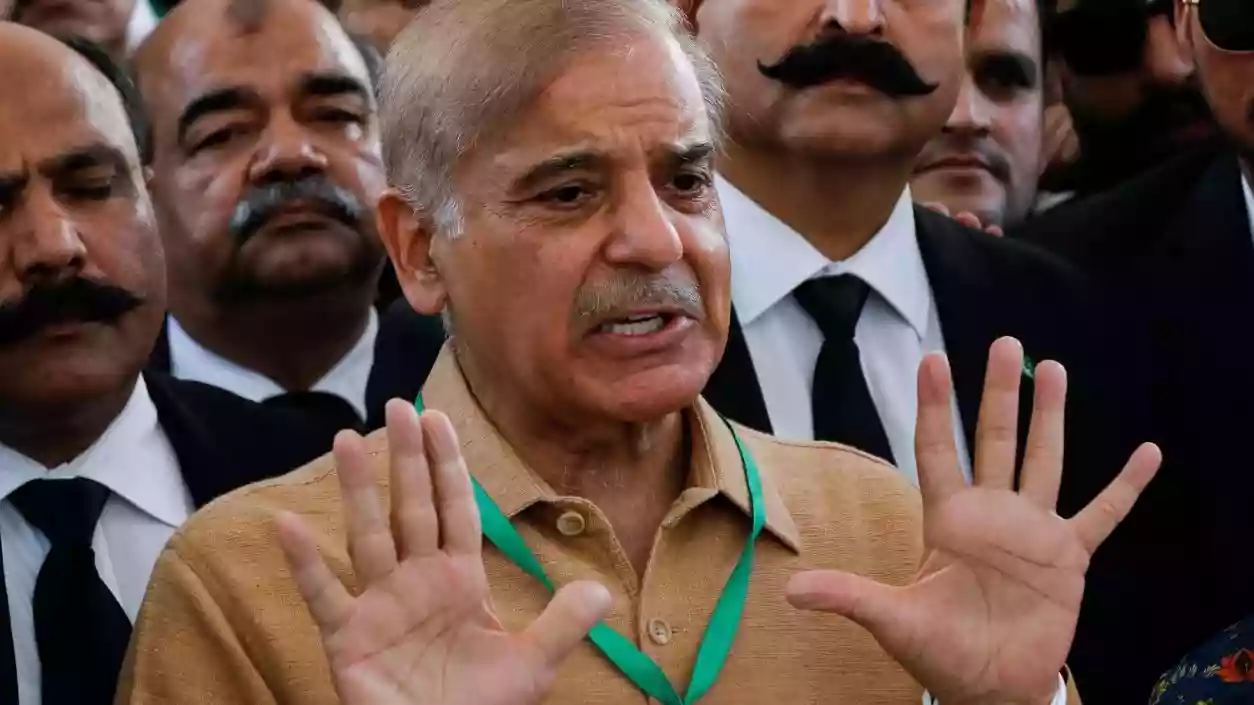.gif)
.gif)

Prime Minister Shehbaz Sharif will chair an emergency meeting of Pakistan’s National Security Committee (NSC) today at his official residence in Islamabad. The meeting comes a day after the United States conducted airstrikes on three of Iran’s nuclear facilities—Fordow, Natanz, and Esfahan. The NSC is the country’s highest decision-making body on security and strategic matters and includes senior civil, military, and intelligence leadership.
Field Marshal General Asim Munir, who recently returned from a visit to Washington DC, will brief the NSC on his meeting with US President Donald Trump. Other attendees will include Deputy Prime Minister Ishaq Dar, Defence Minister Khawaja Asif, Finance Minister Muhammad Aurangzeb, Interior Minister Mohsin Naqvi, and Information Minister Attaullah Tarar. Key advisers to the Prime Minister on foreign affairs and security will also be present.
From the military and intelligence side, the meeting will be attended by the Chief of Naval Staff, Chief of Air Staff, Director General of Inter-Services Intelligence (ISI), National Security Adviser, Director General of the Intelligence Bureau (IB), Director General of the Federal Investigation Agency (FIA), and the Cabinet Secretary. The committee will receive a full situational briefing and review Pakistan’s internal and external security strategy.
According to the Ministry of Foreign Affairs, Pakistan strongly condemned the US strikes on Iran's nuclear facilities, calling them a violation of international law. A post from the ministry’s official X account stated, “Pakistan condemns the US attacks on Iranian nuclear facilities which follow the series of attacks by Israel. We are gravely concerned at the possible further escalation of tensions in the region. We reiterate that these attacks violate all norms of international law and that Iran has the legitimate right to defend itself under the UN Charter.”
Prime Minister Shehbaz Sharif also held a phone call with Iranian President Masoud Pezeshkian, expressing condolences over loss of lives and reaffirming Pakistan’s solidarity with Iran. The NSC is also expected to assess developments in the Iran-Israel conflict, review border deployments, and deliberate on internal security restructuring and a proposed realignment of the national security grid in Balochistan and Khyber Pakhtunkhwa.